Asean envoy must recognise us over junta, Myanmar’s parallel civilian government says
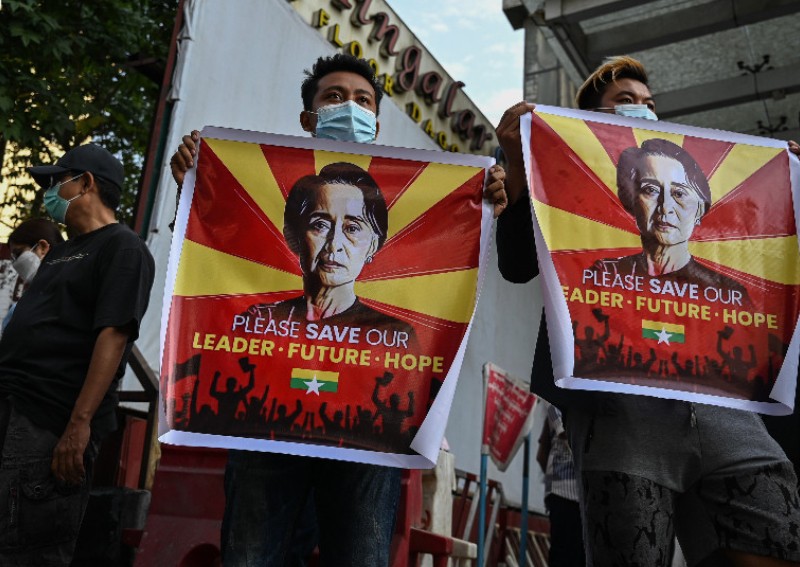
Twitter/AFP
The Association of Southeast Asian Nations (Asean) must ensure that any plan to appoint a special envoy to mediate in Myanmar’s post-coup crisis does not lead to recognition of the junta as a legitimate authority, an official from the country’s parallel civilian government and regional rights advocates said on Thursday.
Speaking in a virtual press conference, Naw Susanna Hla Hla Soe of the newly formed National Unity Government (NUG) said it was important that the 10-nation bloc acted based on the will of Myanmar’s citizens – an overwhelming majority of whom backed the civilian administration.
She was speaking ahead of Saturday’s long-awaited meeting of Asean leaders to discuss the crisis.
Like other anti-junta figures, Naw Susanna Hla Hla Soe, the NUG’s Minister for Women, Youth and Children’s Affairs, urged Asean and other international players to recognise the parallel civilian government over the ruling junta.
The army chief Senior General Min Aung Hlaing’s February 1 coup ended the country’s five-year experiment with democratic rule, with the popularly elected National League of Democracy (NLD) government deposed and its key leaders such as Aung San Suu Kyi put in detention.
More than 700 anti-junta protesters have so far been killed, and rights groups say there is mounting evidence that crimes against humanity are being committed by the Tatmadaw – as the military is known – against unarmed civilians.
In the press conference, the minister chronicled her own ordeal fleeing capture and the military’s killing of NLD activist Zaw Myat Lynn, whose remains were returned to his family with his face disfigured, seemingly with chemicals.
“The Asean leaders, they think this is normal… [that] the military will one day control the country, [that] this is the usual business that comes and goes,” she said. “The people of Myanmar say enough is enough [after being] under the military for more than seven decades. And we will choose death instead of living under the military, under the dictatorship.”
Observers believe that Asean leaders – who are convening physically in the bloc’s Jakarta headquarters – will raise the possibility of appointing a special envoy to resolve the crisis.
Several regional leaders have said their key priorities are the immediate end of violence, the release of Suu Kyi and other NLD figures, and the commencement of talks to resolve the military-NLD feud that led to the coup.
The appointment of a special envoy “should not lead [to the recognition] of the wrong institution”, said Naw Susanna Hla Hla Soe.
Charles Santiago, a Malaysian lawmaker and a member of the Asean Parliamentarians for Human Rights (APHR) advocacy group, agreed.
Thursday’s press conference was organised by APHR and the Altsean-Burma (Alternative Asean Network on Burma) NGO advocacy group.
Santiago said he believed the topic of the special envoy and his or her mandate was likely to be a major part of the agenda in Saturday’s talks. He said there was speculation the envoy would be from Singapore or Indonesia.
A senior Singaporean ex-diplomat had previously suggested the city state’s former prime minister Goh Chok Tong could be appointed. Writing in The Irrawaddy on Thursday, veteran Myanmar observer Larry Jagan said the former Thai deputy prime minister Surakiart Sathirathai and the former Indonesian foreign minister Marty Natalegawa were also potential candidates.
“This is very tricky. While it sounds innocent, it sounds good … but when you go in, you’re going in at the invitation of the army. The military will decide who you see, who you [talk to],” Santiago said, adding that any meetings with non-governmental organisations or representatives of the deposed NLD would be “choreographed”.
The lawmaker also warned that the Tatmadaw “took Asean for a ride” when it last came under pressure for widespread rights abuses – including alleged genocide – against the country’s Rohingya minority in 2017.
Myanmar, then governed by the NLD administration of Suu Kyi, in 2019 began allowing Asean to conduct a study on how to deal with the issue from a humanitarian standpoint.
In the case of the current crisis, Santiago said the fear was that appointing the special envoy would give Min Aung Hlaing time to “finish his job” of unleashing “even more terror” and “put his system in place as opposed to the government that had been elected”.
Also discussed during the press conference were the decisions by Thailand’s Prayuth Chan-ocha and the Philippine President Rodrigo Duterte to skip Saturday’s meeting in Jakarta.
The meeting had earlier been pitted by Asean watchers as a possible watershed moment during which the heads of government would make clear to Min Aung Hlaing that the military’s violence against unarmed civilian protesters was unacceptable.
With the dropping out of Prayuth and Duterte, Santiago said the meeting was “looking like an embarrassing moment for Asean”.
He said: “It appears that the heads of government in Asean are not taking this meeting seriously. This does not speak well for any decision that might be made at the meeting in Indonesia.”
Debbie Stothard, founder and coordinator of the Altsean-Burma group, said there was still time for Asean to ensure the meeting would be productive. Among her recommendations was for the bloc to invite representatives of the NUG and the UN to the talks as observers.
The UN’s special envoy Christine Schraner Burgener will be in Jakarta to hold meetings with leaders on the sidelines of the talks but is not scheduled to attend the summit, Reuters reported on Wednesday.
Said Stothard: “Asean knows what it has to do, and it needs to have the guts to do it. At least they should have half the guts of the people in Burma, who are facing death in the streets everyday as they stand in resistance to the military regime.”


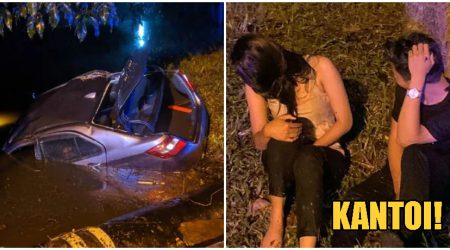
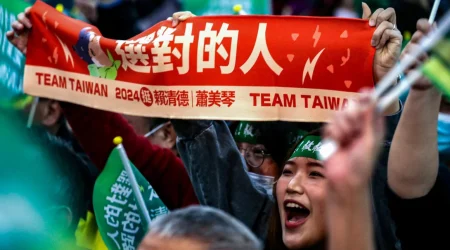
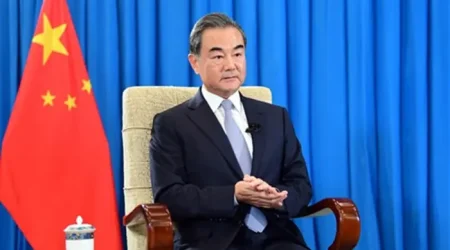

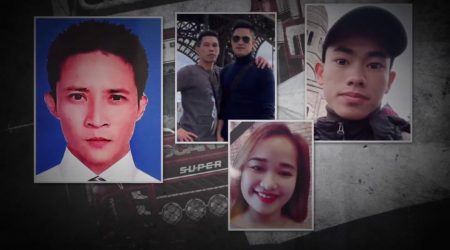
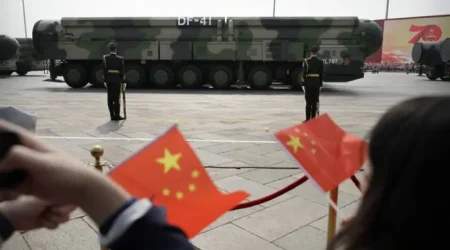



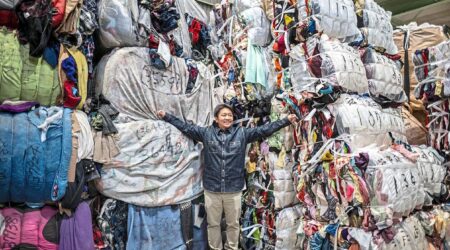
Leave a Reply